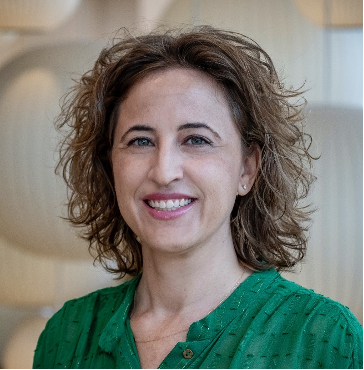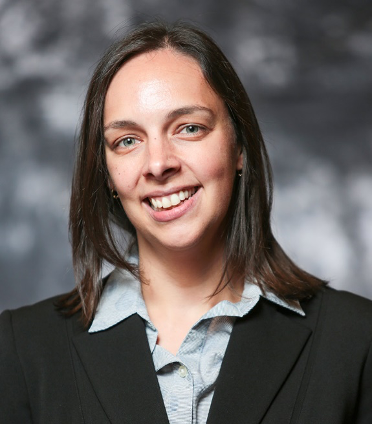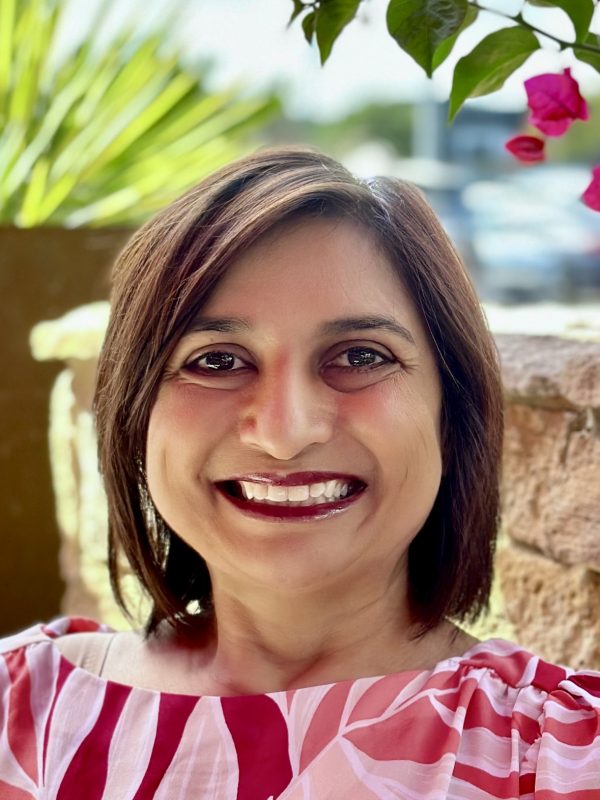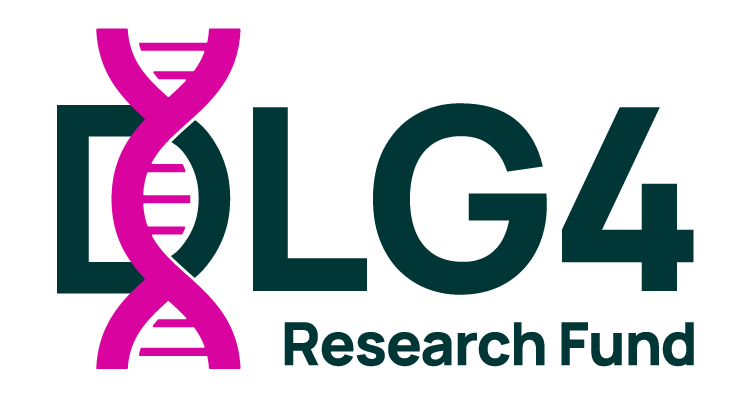
Bio: Dr Kimberly Aldinger
Dr. Aldinger is a Principal Investigator in the Center for Integrative Brain Research at Seattle Children’s Research Institute and an Assistant Professor in the Department of Pediatrics, Division of Genetic Medicine at the University of Washington. She received a BA in biology from Brandeis University, an ALM in psychology from Harvard University, and a PhD in neurobiology from the University of Chicago. Dr. Aldinger has over 20 years of research experience applying neuroscience and genomics techniques to understand the impact of genetic changes to the development of brain structures and functions that are relevant to neurodevelopmental disorders. She is also the mom of a son with a rare genetic disease.
Bio: Dr Sheena D’Arcy
Professor D’Arcy is a tenured Professor in the Department of Chemistry and Biochemistry at The University of Texas at Dallas. She received her Ph.D. in Structural Biology at the University of Cambridge under the tutelage of Sir Professor Tom Blundell. She trained in the HHMI laboratory of Professor Karolin Luger at Colorado State University. Her research is currently funded by grants from the National Institute of General Medical Sciences, NIH, and the Welch Foundation.


Bio: Abhilasha Pamarty
Abhi Pamarti, CGC is a diplomate of American Board of Genetic Counselors. She received her Genetic Counseling graduate training at Brandeis University, MA in 2011 and completed her clinical internships in many well-reputed hospitals of Boston. She also has a Masters in Molecular Biology prior to her transition to Genetic Counseling. In the past, she worked at the Molecular Genetics lab of Mayo Clinic as a molecular genetic counselor. She moved to the Dallas Fort Worth area in 2014 and joined Dallas county hospital, Parkland’s Maternal Fetal Medicine Specialty clinic. Currently, she supports MFM physicians of Envision Healthcare in several of their high-risk clinics. Her job involves providing genetic counseling services to OB patients and their families who are at high risk for congenital anomalies and genetic diseases. One important aspect of her job is to educate physicians and other healthcare providers about genetic conditions and use of appropriate genetic testing for clinical management of patients and their pregnancy.
Bio: Dr Jaishree Patel
Dr Patel obtained her Doctorate in Pharmacy Degree from Samford University McWhorter School of Pharmacy. She practiced as a pharmacist in a variety of clinical settings for approximately 15 years before beginning her teaching career at ACOM. During this time, she served as a hospital staff pharmacist, nursing home pharmacy coordinator, clinical coordinator, and a JCAHO coordinator/home infusion pharmacist. When she joined the Alabama College of Osteopathic Medicine as an assistant professor, she taught pharmacology and created the courses Foundations of Modern Healthcare 1 and 2. She was also responsible for developing and implementing interprofessional collaboration into the curriculum. For the past 5 years, She has served as the Director of Career Development at ACOM. Her passions for education primarily focus on three topics: professionalism, interprofessional collaboration, and matching into residency. She currently serves as Education Committee Chair for the Academy of Professionalism in Healthcare (APHC), the Chair of Chair Committee for APHC, a LEEP mentor for APHC, and Secretary for the House of Ruth Board of Directors.

